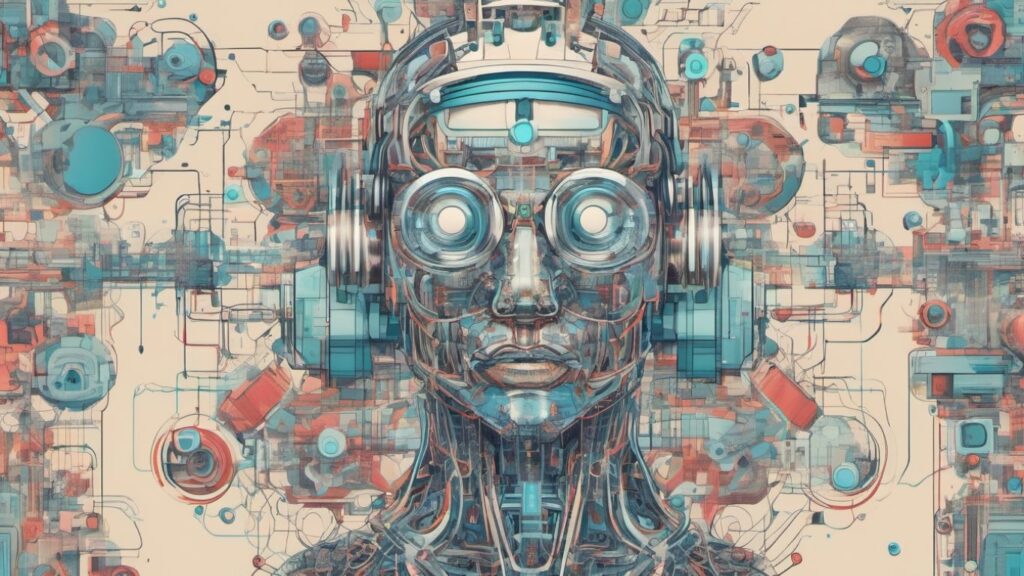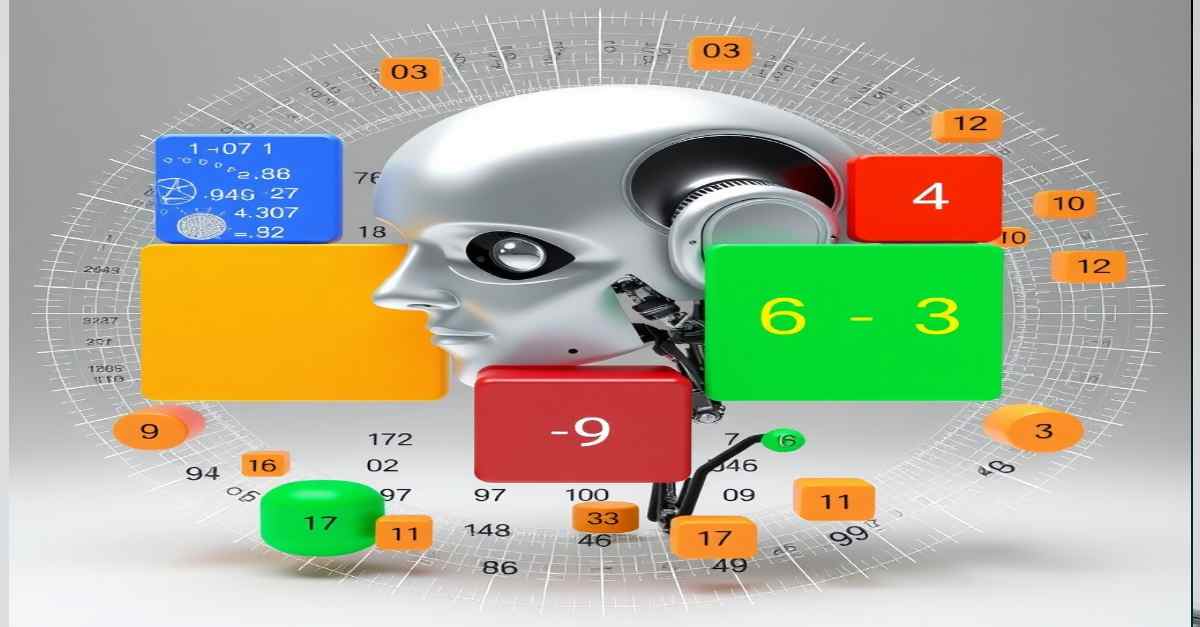AI has long been revolutionizing various industries, and healthcare is no exception. One of the most contentious debates in this sector revolves around AI overruling nurses in clinical settings. While AI offers unparalleled advantages in data processing and consistency, significant concerns exist about its impact on patient care, the nursing profession, and ethical considerations.
Arguments for AI Overruling Nurses
Superior Data Processing
AI can process vast amounts of data at a speed humans cannot match. This capability allows for more accurate diagnoses and treatment plans. For example, an AI system designed to diagnose pneumonia in children outperformed pediatric radiologists in 90% of cases, making its recommendations preferred.
Reduction in Human Error

Human error in healthcare, particularly in tasks like medication administration, can have severe consequences. AI systems can mitigate these risks by providing precise, error-free recommendations. In a Singapore hospital, an AI-powered decision support system significantly reduced medication errors, though some nurses felt pressured to follow the system’s advice without room for nuanced care.
Consistent, Around-the-Clock Care
AI provides consistent care 24/7, unaffected by fatigue, stress, or other human limitations. An AI system at Johns Hopkins Hospital managed and adjusted ventilator settings in the ICU, leading to improved patient outcomes. However, this raised concerns among nurses about losing control over patient care.
Arguments Against AI Overruling Nurses
Compassionate, Holistic Care
Nurses are trained to provide compassionate, holistic care that AI cannot replicate. The human touch, empathy, and emotional support nurses offer are irreplaceable components of quality patient care. Overreliance on AI could reduce these vital aspects.
Deskilling of the Nursing Workforce
If AI consistently overrules nurses, there is a risk of deskilling the nursing workforce. Nurses may become overly reliant on AI recommendations, which could erode their critical thinking skills and clinical judgment.
Ethical and Legal Concerns

There are significant ethical and legal concerns about who is responsible for AI decisions, especially in cases where the technology fails or makes a mistake. Clear guidelines on accountability and liability are essential to address these issues.
Impact on Patient Care and the Nursing Profession
Enhanced Patient Care
- Increased Accuracy: AI’s ability to process large datasets quickly can lead to more accurate diagnoses and treatment plans, improving patient outcomes.
- Error Reduction: Minimizing human error, especially in critical tasks, can enhance patient safety.
- Consistent Care: AI systems can provide continuous, consistent care, which is particularly beneficial in staffing shortages.
Changes in the Nursing Profession
- Deskilling Concerns: Nurses may lose autonomy and critical thinking if AI consistently overrules them.
- Shift in Roles: Nurses might transition from direct care providers to supervisory and managerial roles, overseeing AI systems.
- Educational Shifts: Nursing education may need to evolve to include proficiency in working with AI systems.
Ethical Considerations
- Human Autonomy: The potential for AI to undermine human autonomy and professional judgment.
- Accountability: Determining who is responsible for errors or adverse outcomes of AI decisions.
- Professional Identity: The impact of AI on nurses’ professional identity and job satisfaction.
- Transparency: Transparency needs transparent communication about AI capabilities and limitations with patients and healthcare workers.
- Equity and Fairness: Ensuring AI in healthcare promotes equity, fairness, and inclusivity.
Legal Frameworks
Several existing and proposed legal frameworks address the use of AI in healthcare:
- GDPR (EU): Guidelines for using personal data, including health data.
- FDA (U.S.): Developing regulatory frameworks for AI-based medical devices.
- HIPAA (U.S.): Privacy and security regulations for protecting patients’ health information.
- WHO: Draft global strategy on digital health, including ethical use of AI.
- National Strategies: Countries like the UK, Canada, and Australia are developing national AI strategies that include legal and ethical considerations.
- AMA Guidelines (U.S.): Addressing issues of transparency and accountability in AI use.
Counterarguments for a Balanced View

- Enhancement, Not Replacement: AI should be seen as a tool to enhance the role of nurses, allowing them to focus on complex patient needs requiring human touch and empathy.
- Collaboration Over Replacement: AI lacks the emotional intelligence and contextual understanding nurses bring to patient care, indicating a need for cooperation.
- Training and Guidelines: Appropriate training and guidelines can help nurses use AI as a support tool, improving their critical thinking and decision-making processes.
- Ethical and Legal Safeguards: Developing ethical and legal frameworks can ensure AI operates within clear guidelines, with accountability ultimately resting with healthcare professionals.
FAQs
What is AI’s role in healthcare?
AI is designed to assist healthcare professionals by quickly processing vast amounts of data, identifying patterns, and providing evidence-based recommendations. It can be used to diagnose conditions, predict patient outcomes, and personalize treatment plans.
Can AI replace nurses?
AI is not intended to replace nurses but to support them. While AI can enhance decision-making with data-driven insights, nurses’ compassionate, holistic care remains irreplaceable.
How does AI improve patient safety?
By minimizing human error in tasks such as medication administration and diagnostic processes, AI helps enhance patient safety. It consistently provides accurate information and recommendations, reducing the likelihood of mistakes.
What are the ethical concerns associated with AI in nursing?
Ethical concerns include the potential undermining of human autonomy, accountability for AI errors, and the impact on nurses’ professional identity and job satisfaction. Transparent communication and ethical frameworks are essential to address these issues.
How might AI affect the nursing profession?
AI could lead to a shift in nurses’ roles from direct care providers to supervisors of AI systems. There may be concerns about deskilling, but appropriate training can help nurses use AI as a supportive tool, enhancing their critical thinking and decision-making skills.
What are the legal frameworks governing AI in healthcare?
Various legal frameworks address AI’s use in healthcare, including the GDPR in the EU, FDA and HIPAA regulations in the U.S., and national strategies in countries like the UK, Canada, and Australia. These frameworks aim to ensure AI’s privacy, security, and ethical use.
How can AI and nurses collaborate effectively?
Effective collaboration involves using AI to complement nurses’ skills. AI can handle data processing and routine tasks, allowing nurses to focus on complex patient needs that require empathy and human touch. Training and clear guidelines can facilitate this collaborative approach.
Conclusion
The integration of AI in healthcare presents both opportunities and challenges. While AI can enhance efficiency, reduce errors, and provide consistent care, it cannot replace nurses’ compassionate, holistic care. Ethical and legal considerations must be addressed to ensure that AI is a valuable tool that enhances rather than undermines the nursing profession.
AI and nurses can work together to provide the best possible care, combining the strengths of both human and artificial intelligence. By fostering a collaborative environment and providing proper training and guidelines, we can harness the power of AI while preserving the invaluable human elements of healthcare.











